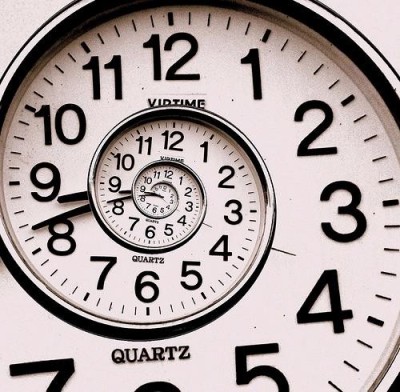Spring. The warm sunshine and the soft breeze form a balance to breathe new life into everything – flowers, trees, hibernating animals, babies. The baby grows on the nutrition that is love. The baby spends the most peaceful, free stage of childhood and experiences new things every day. He learns life slowly as he grows like a fresh sprout. Unfortunately, at this stage the sprout is also vulnerable to harm, and these scars will be a burden for the rest of the baby’s life.
Summer. The hot, burning sun, the boundless, clear ocean. The hot, burning love and desires, the boundless, clear possibilities life brings. The boy spends the happiest moments in his life, and discovers what he wants and who he is. Through this he also develops obsessions; his main obsession is love – so hot that it may even burn up into ashes or cause scalding wounds. He enjoys the present, without knowing the weight of the world and true pain. To him, the future is a land of infinite dreams and hope. His boyhood times burn like a roaring flame, and happiness reaches a climax.
Autumn. The leaves, bleached yellow, fall gently. The endless and cloudless sky. The cold wind. The boy, now a young adult, laments why life and love are so painful, and why he must suffer so much. The future that was once full of dreams has now become a hopeless reality. As the leaves die away, so do the boy’s hopes, romance and his identity. Can he pull through this bitter adolescence? What does he wonder while staring at the dead leaves? No one truly understands his thoughts and pain, and he trudges along a road strewn with leaves. The passion and heat of summer have completely disappeared.
Winter. There is no life. Only white snow covers the world, turning it into a blank page. The man feels that there is no meaning to life, and looks back on his life. The dream-like spring, the passionate summer, the despairing autumn, the end of the four seasons – winter. But then, he finally realises. The naive spring, the foolish summer, the pain he overcame through autumn. The man looks back at how he has grown and developed, and turns his attention to his inner self for the meaning of life and peace. After overcoming his mid-life crisis, he clears his mind and reaches nirvana.
Spring. A spring comes again, new life arises once more. The old man calmly smiles and thinks. He now understands the true meaning of life and is satisfied with his. He sees a baby facing another set of four seasons and thinks: “That child will walk a similar journey as I did.” He now knows that life cycles, and that spring will indubitably return always.
He is now completely at peace.











